Search
![A herd of cattle gather around a stock pond on a vast, lush grassland. Courtesy: USDA [CC BY 2.0]](/sites/default/files/2019-05/W-00231-00-cattle-grazing-grassland-pasture-range.jpg)
2017 Weed Control: Pasture and Range
There are 24 million acres of native and tame pasture and range as well as 1.4 million acres of grass hayland in South Dakota.
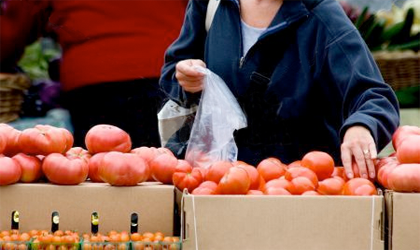
Growing Tomatoes in South Dakota
Few vegetables inspire us more than home-grown tomatoes, bursting with vine-ripe flavor. Tomatoes are easy to grow in containers or in the ground, and are excellent sources of vitamins A and C, as well as cancer-fighting lycopenes.
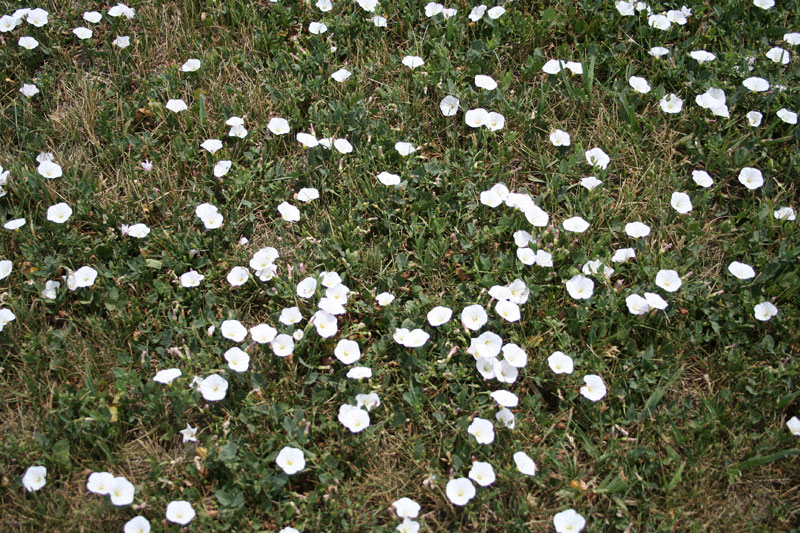
2018 Weed Control Noxious Weeds
Noxious Weed Recommendations: Herbicides for pasture, range, and non-crop areas, including roadside and other right-of-way that may be harvested for hay or grazed, are given a priority.
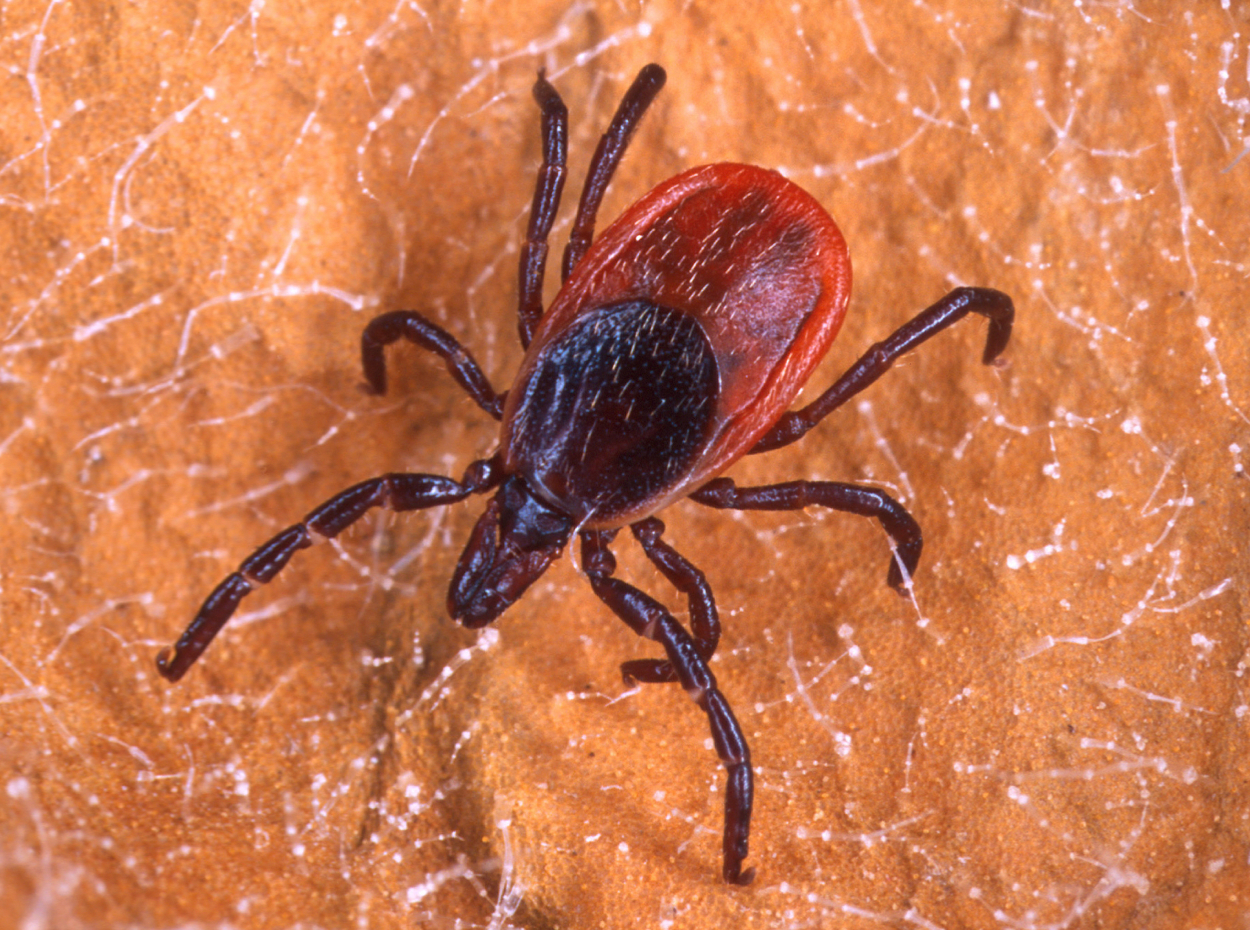
An identification guide to common Ticks of South Dakota
A guide to identifying common ticks in South Dakota
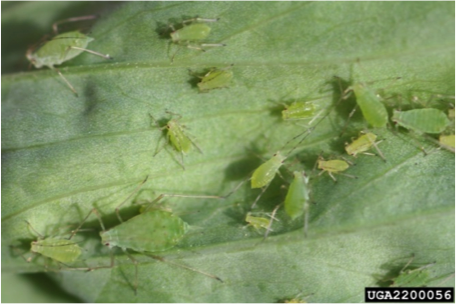
Soybean Aphids in South Dakota
Factsheet on Soybean Aphids in South Dakota
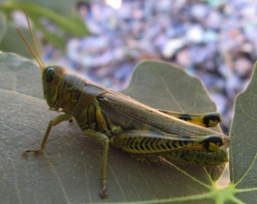
Grasshopper Mites in South Dakota
Fact sheet that covers the ectoparasite grasshopper mites.

2017-2018 Multi-State Organic Oat Variety Trial Results
The tight production margins currently present in agriculture have increased interest in growing organic oats.

Why Tattoo Your 4-H Livestock?
Proper identification of animals helps create an honest record keeping system. With current DNA blood typing procedures animals can be identified through parentage, but when it comes to everyday practices on the farm or ranch a good tattoo can be a huge time saver in the event of a lost ear tag.
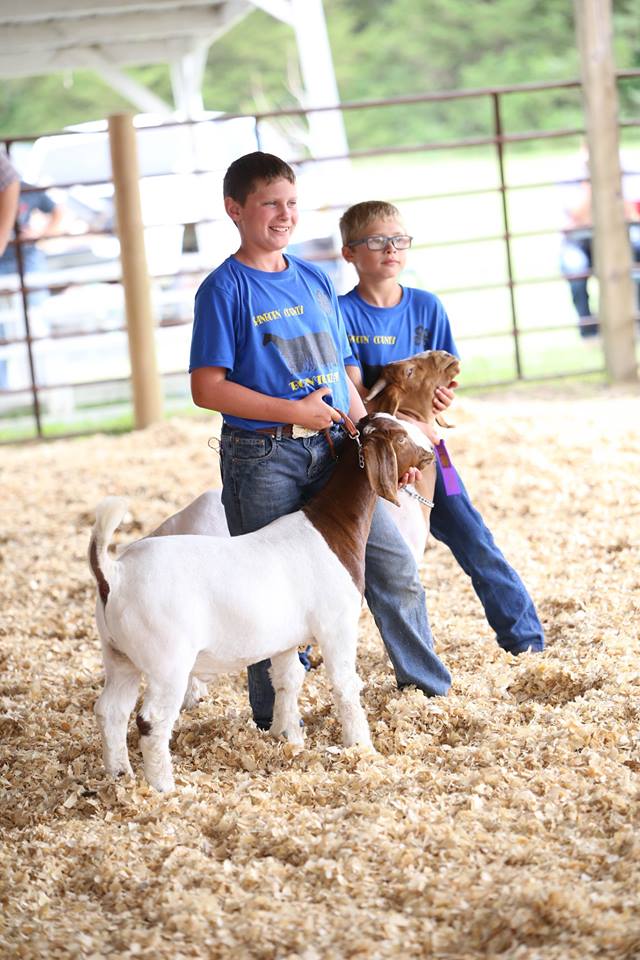
4-H Youth Experience in Animal Projects – Purposes
4-H Youth Development must place an importance on developing “youth experience” versus “contest participation and competition."

Instinct HL and Nitrogen Management Effect on Winter Wheat Yield
Nitrogen (N) additives to control N losses through volatilization, denitrification, and leaching are widely used in the Midwest. Slowing the conversion of nitrogen fertilizers to nitrate may lessen leaching and denitrification losses if precipitation or soil becomes saturated.